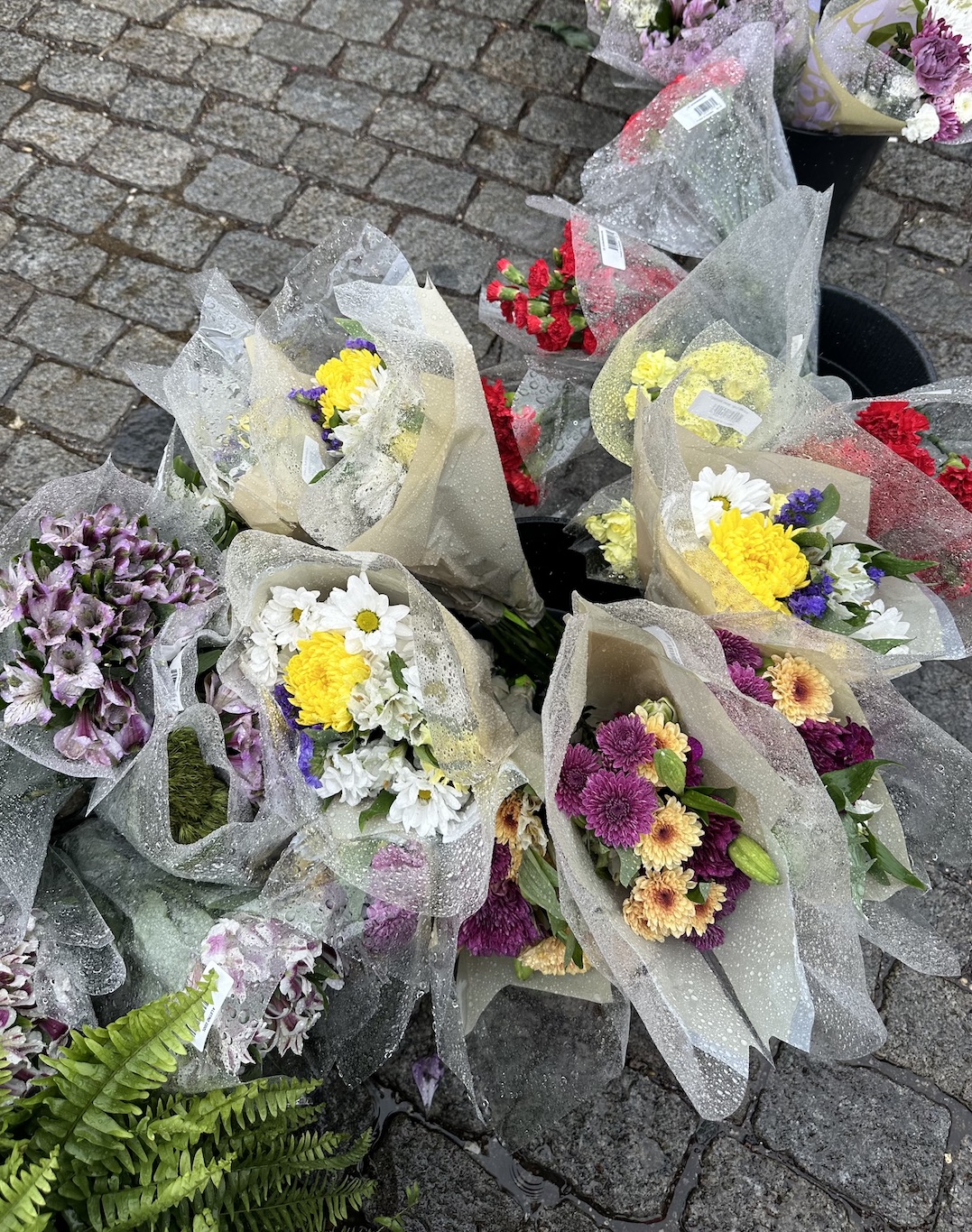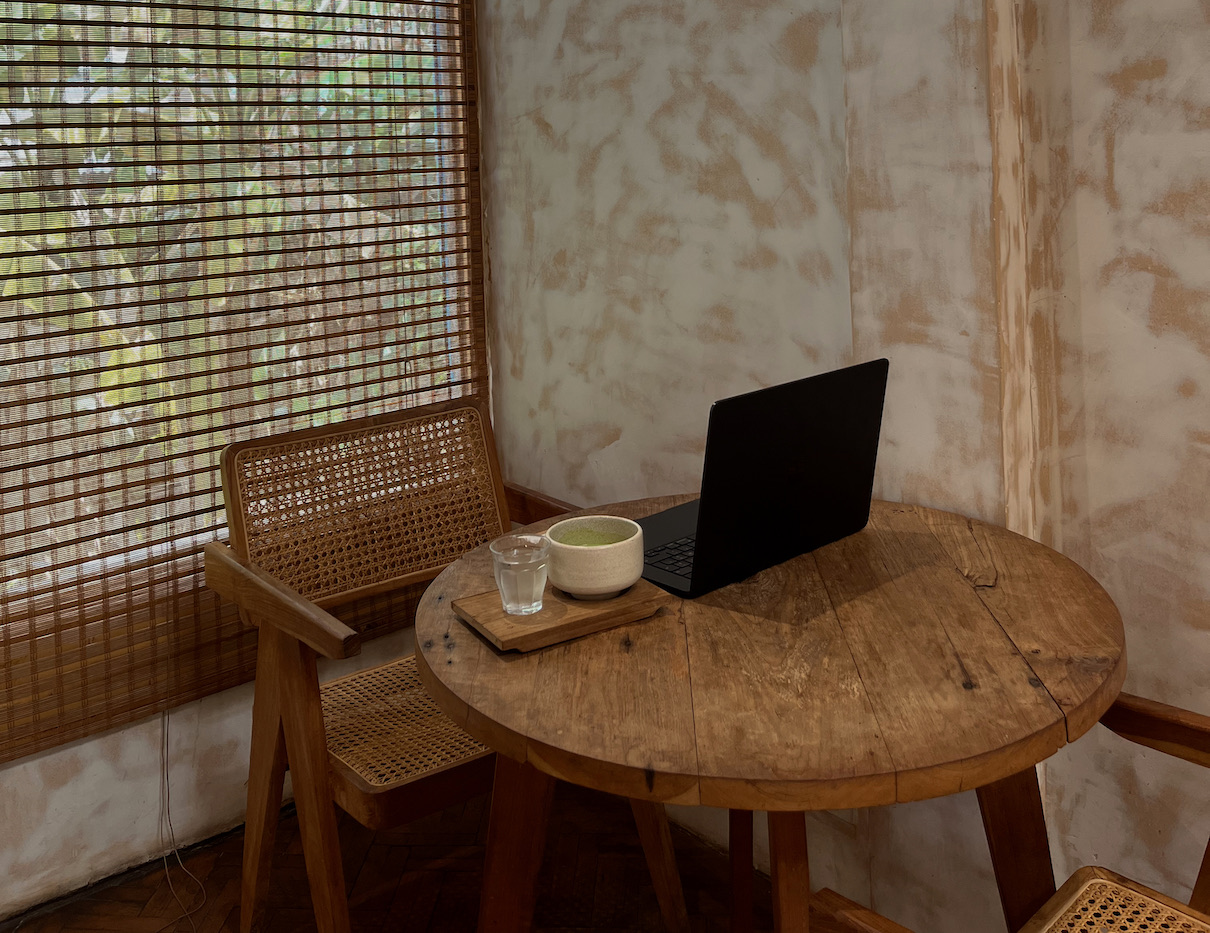In recent years, mindfulness has ascended from a spiritual practice rooted in ancient traditions to a mainstream strategy for improving mental health and overall wellbeing. This surge in popularity brings with it a host of benefits and applications, particularly in the realm of personal growth.
At its core, mindfulness is about nurturing a state of awareness and presence in the moment. This article delves deep into how embracing mindfulness can dramatically transform your personal and professional life by fostering growth and resilience.
The Essence of Mindfulness
Mindfulness is often heralded as a simple practice, yet its implications and applications are profound. Fundamentally, mindfulness involves focusing your awareness on the present moment while calmly acknowledging and accepting your feelings, thoughts, and bodily sensations. This seemingly straightforward concept is a powerful tool for enhancing mental clarity and emotional health.
Basic Principles of Mindfulness
The practice rests on three foundational pillars: present moment awareness, non-judgmental observation, and a deep connection to the current experience. By training the mind to focus on the now, mindfulness cuts through the noise of past regrets and future anxieties. This presence allows individuals to engage more fully with life as it unfolds, rather than being caught in the web of overthinking and emotional reactivity.
Psychological and Physiological Effects
Regular mindfulness practice has been shown to reduce stress, anxiety, and depression. Physiologically, it lowers blood pressure, reduces chronic pain, and can improve sleep. Psychologically, it enhances your capacity to handle emotions with grace and decreases the tendency to react impulsively, fostering a balanced mind and a healthy body.
How Mindfulness Catalyzes Personal Growth
Mindfulness is not just a practice for cultivating tranquility; it’s also a catalyst for profound personal transformation. It equips individuals with the tools to evolve consciously and purposefully.
Mindfulness and Self-Awareness
At the heart of personal growth is self-awareness. Mindfulness meditation sharpens this awareness by creating the space to notice our thoughts and feelings without attachment. This objective observation reveals our habitual reactions and innate tendencies, providing insight into our fundamental nature and how we relate to the world around us.
Mindfulness and Emotional Regulation
One of the most significant benefits of mindfulness is its ability to help regulate emotions. This practice teaches us to experience our emotions without becoming overwhelmed or reacting automatically. Whether it’s a surge of anger or a wave of sadness, mindfulness offers the steadiness needed to observe these emotions calmly and decide the best course of action consciously.
Mindfulness and Cognitive Flexibility
Cognitive flexibility is the mental ability to switch between thinking about two different concepts, or to think about multiple concepts simultaneously. By promoting a non-reactive mind, mindfulness facilitates this kind of mental agility, enabling individuals to better adapt to changing circumstances and view challenges from multiple perspectives.

Practical Mindfulness Techniques for Growth
Integrating mindfulness into daily life can seem challenging at first, but with practice, it becomes more accessible. Here are some effective techniques designed to cultivate mindfulness and foster personal growth.
Basic Mindfulness Meditation
Meditation is the cornerstone of mindfulness practice. It involves sitting quietly and paying attention to thoughts, sounds, the sensations of breathing, or parts of the body. It’s about observing without criticism and letting thoughts come and go without attachment. To get started, dedicate a few minutes each day to this practice, gradually increasing the time as you become more comfortable with the process.
Mindful Breathing Exercises
Mindful breathing involves focusing your attention on each breath, noticing the air moving in and out of your body. This practice can serve as a mini-break from the hustle and bustle of daily life, providing a quick way to reset your stress levels. Even a few deep, mindful breaths can significantly reduce tension.
Mindfulness in Everyday Activities
Mindfulness can be integrated into almost any daily activity. Whether you’re eating, walking, or engaged in tasks at work, you can practice mindfulness. By fully focusing on the present moment and the task at hand, you can transform routine actions into profound moments of self-awareness and clarity.
Overcoming Challenges with Mindfulness
Adopting mindfulness as a regular practice is highly beneficial, yet it comes with its own set of challenges that can deter the unprepared. Understanding these hurdles and knowing how to overcome them can make the journey towards personal growth smoother and more enjoyable.
Common Obstacles
One of the most frequent challenges faced by individuals practicing mindfulness is maintaining consistency. Life’s demands, such as busy schedules or emotional upheavals, often interfere. Distractions are another significant hurdle, with the constant barrage of notifications and the fast pace of modern life making it difficult to remain present.
Solutions and Tips
The key to overcoming these obstacles is flexibility and a commitment to integrating mindfulness seamlessly into daily life. Setting aside a specific time for meditation, using apps that remind you to breathe or be mindful throughout the day, and creating a conducive environment for mindfulness practices can all help in maintaining regularity. Furthermore, being patient with yourself and recognizing that proficiency in mindfulness takes time and practice is crucial.
Mindfulness is more than just a practice for spiritual exploration; it is a practical tool for fostering significant personal growth. By enhancing self-awareness, regulating emotions, and increasing cognitive flexibility, mindfulness equips individuals with the ability to face life’s challenges with grace and poise. As you embark on or continue your mindfulness journey, remember that the goal is not to empty the mind or achieve perfection but to deepen your understanding of yourself and improve your interactions with the world around you.
Incorporating mindfulness into your life is not merely about reducing stress or improving concentration—it is about fundamentally transforming your approach to life. It encourages a shift from a reactive existence to one that is actively shaped by deliberate, thoughtful actions. Whether you are dealing with daily stressors, managing complex emotions, or seeking to enhance your creativity, mindfulness offers a path towards a more fulfilled and balanced life.
















